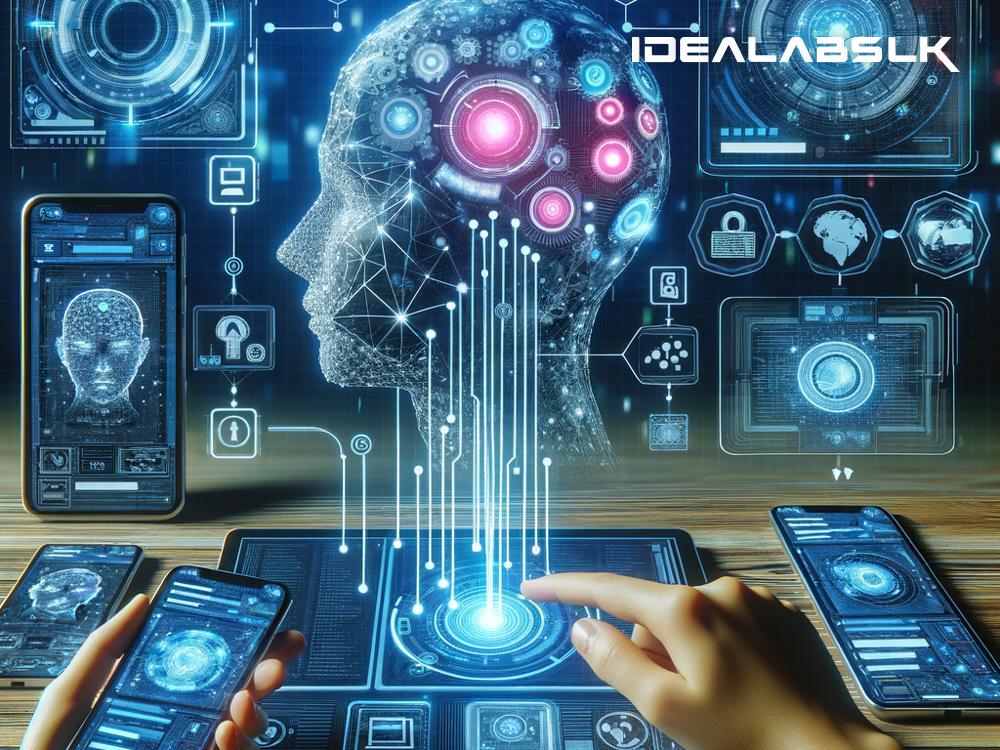The Future of Web Design: AI-Powered Responsive Design
Welcome to the future of web design, where our websites not only look good but smartly adapt to our visitors! This innovative leap forward is largely thanks to AI-powered responsive design. Today, let's dive into this fascinating world and explore how Artificial Intelligence (AI) is reshaping the way websites are created and how they function, offering a personalized surfing experience like never before.
What is AI-Powered Responsive Design?
To understand this concept, let's break it down. Most of us are familiar with responsive web design - a technique that ensures websites look great on any device, be it a massive desktop monitor or a sleek mobile phone. AI-powered responsive design takes this concept several steps further by using Artificial Intelligence to dynamically adjust not only the layout but also the content and functionality of a site according to the user’s behavior, location, device, and even preferences.
How Does It Work?
Imagine walking into a store where the layout rearranges itself to suit your taste, the products you love are displayed front and center, and items irrelevant to you are tucked away. That's the kind of personalization AI brings to web design. By analyzing tons of data on how users interact with a site - like where they click, how long they stay on a page, and what content engages them - AI systems can create a tailor-made experience for each visitor.
The Benefits of AI in Web Design
-
Better User Experience (UX): Websites can offer personalized content recommendations, much like how Netflix suggests movies you might like. This means users spend less time searching and more time engaged with content they care about.
-
Increased Engagement and Conversion: When a website caters to a user's preferences and needs, visitors are more likely to engage with the content and take desired actions, be it subscribing to a newsletter or making a purchase.
-
Efficiency in Design Process: For web designers, AI can automate repetitive tasks like coding for different screen sizes or optimizing images, freeing up more time for creative thinking and strategic planning.
-
Accessibility Enhancements: AI can also help make websites more accessible to people with disabilities by automatically adjusting text sizes, contrasts, and even navigation based on individual needs.
Challenges and Considerations
While the advantages are clear, integrating AI into web design isn't without its hurdles. Privacy concerns are at the forefront, as personalization relies on collecting and analyzing user data. It requires striking a balance between customization and preserving user privacy. Additionally, the cost and complexity of implementing advanced AI systems can be a barrier for smaller businesses.
Real-World Examples and Future Possibilities
Some might wonder, "Is this all just theoretical?" Not at all. E-commerce giants like Amazon have been using similar technology for years, suggesting products based on your browsing and purchasing history. News websites adapt content to suit your interests, and music streaming services like Spotify tailor playlists to your listening habits.
As technology advances, the possibilities become even more exciting. Imagine a future where websites adapt not just to your current interests but predict what you might be interested in next. Or where voice-controlled AI interfaces make navigation seamless for everyone, including those with visual impairments. We're also looking at a future where virtual reality (VR) and augmented reality (AR) are integrated into web design, creating truly immersive experiences.
Getting Ready for the AI-Powered Design Revolution
For businesses and web designers, staying updated with AI technologies and responsive design practices is crucial. Embracing these technologies now can provide a competitive edge and ensure that websites are not only aesthetically pleasing but also smart, adaptive, and user-centered.
Final Thoughts
The fusion of AI with responsive web design marks a significant leap towards creating more intelligent, empathetic, and user-friendly websites. As AI technologies evolve, the potential for personalized web experiences is boundless, promising a future where websites aren't just seen but experienced in ways we've just begun to imagine. The journey towards AI-powered responsive design is an exciting one, and it's just getting started.

